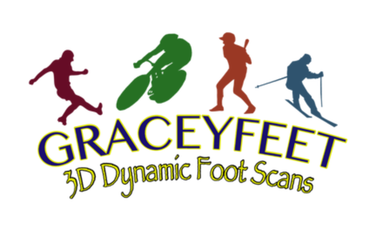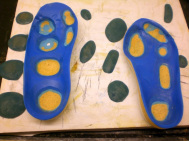|
It was noted during the Whitman Concussion Forum that typically, the Colorado Med Society Scale that included LOC in grades 3 and 4 only was a featured tool in many practices across the country. But there are as many definitions of "concussion" as there are dictionaries. My personal definition of the word concussion expands the role of injury to include mental as well as physical alterations to the brain. And, because traumatic vibrations inside the skull can be imparted from blows to any part of the body or without any contact whatsoever, I believe the very word concussion (however it is currently defined) is misleading as the images conjured by the general populous predominantly are exclusive to head trauma alone involving an outside force or impact. The word is Teebie: "A Traumatic Brain Episode that occurs whole or in-part due to excessive forces acted upon or initiated by a living body altering brain function" This definition allows for excessive force to occur at any area of the body and is inclusive of both physical and mental changes. It was agreed by the committee that it indeed is possible to have a concussion and not show any signs or symptoms or that an impact is necessarily required to produce those symptoms. The genesis of my word stems from the Pellman, Viano, 2006 summary of the findings of the NFL Committee On Mild Traumatic Brain Injury which recommends the use of the phrase "Traumatic Brain Event" to describe the moment of injury. But an "Episode" is more appropriate as it alludes to further sequencing of events involved in the progression of a concussion. So start using "Teebie" to describe the occurrence of disruption of brain function through excessive force. The more it is acknowledged in paper, print, literature, and society, the greater likelihood it will be adopted by the lexicographers and become a word.
0 Comments
Leave a Reply. |
Chris Gracey MPT, Cped
Archives
October 2015
Categories
All
|
Follow Graceyfeet on Facebook and Twitter


 RSS Feed
RSS Feed
